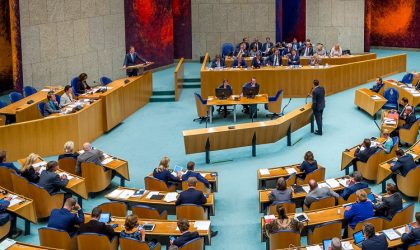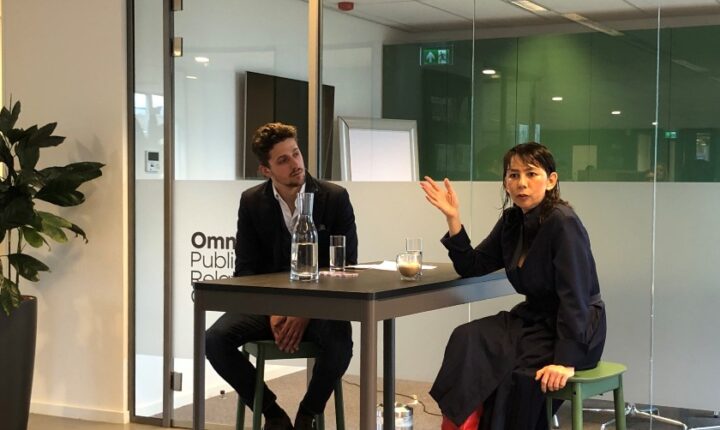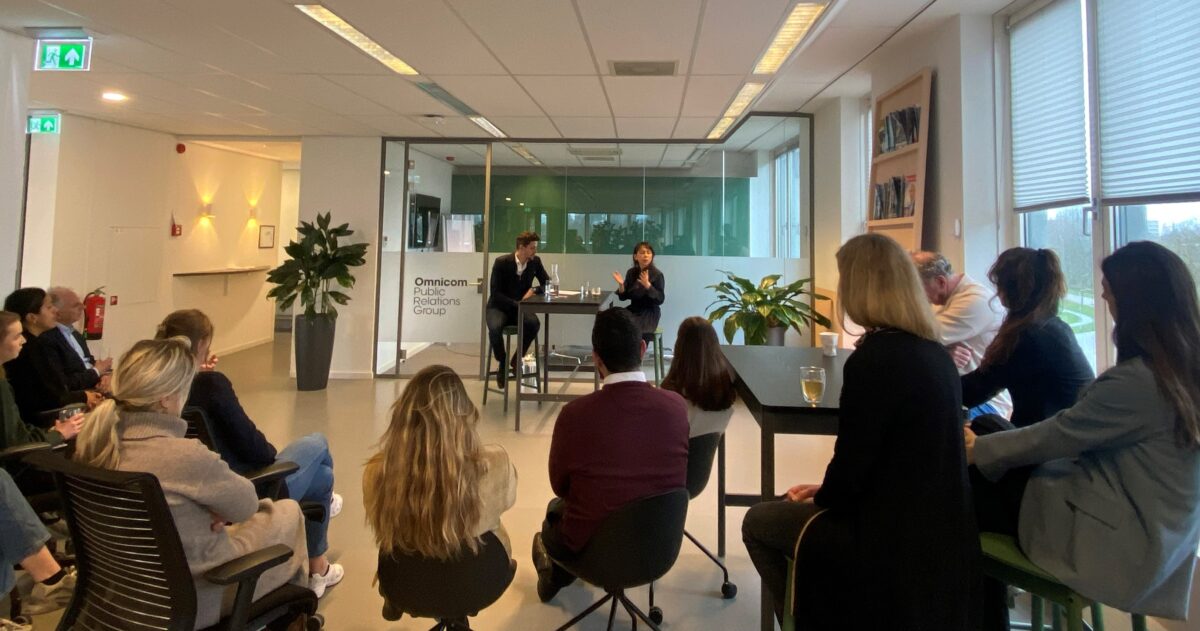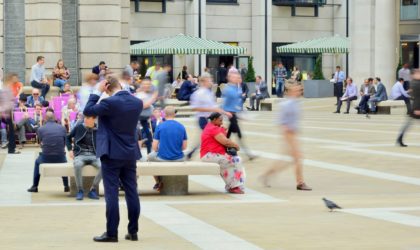The future? Vos envisions a scenario in which sustainability is added to the criteria for assessing relevant laws: “About a third of the parties are currently taking this on board. Ideally, we are moving towards a future in which this becomes the most normal thing for the Senate. After all, climate change is everyone’s problem.” According to Vos, we all ultimately want the same thing: a liveable Netherlands. Everyone has to contribute to that. According to Vos, we all ultimately want the same thing: a liveable Netherlands. Everyone has to contribute to that. “Politics is often not fun, but it is relevant. Make sure you do something yourself, keep talking to each other, even if you don’t agree” she continues. The turnout of around 58% for the Provincial Council elections on March 15th, which indirectly elects the members of the Senate, is not very high. The challenge remains to get people on board in the interest of politics, especially for the Senate.
Jacques Bettelheim, Director of Public Affairs at OPRG, looks back positively on Mei Li Vos’ visit: “As a communications consultancy that allocates great importance to the integration of public relations and public affairs (PA), we advise our clients to integrate PA into their communication strategies. That is why we involve ‘the political game’ in advice to our clients. Where possible we involve companies and their target group in complex matters, such as the importance of an active ESG policy, for example. With the lessons of Mei Li Vos in our pocket, we will ensure even stronger bridges between widely separated parties. We apply this approach by, among other things, conducting thorough research into the needs and viewpoints of the target group and all other relevant stakeholders of our customers. Our strategies are then further nuanced by these different views.”



